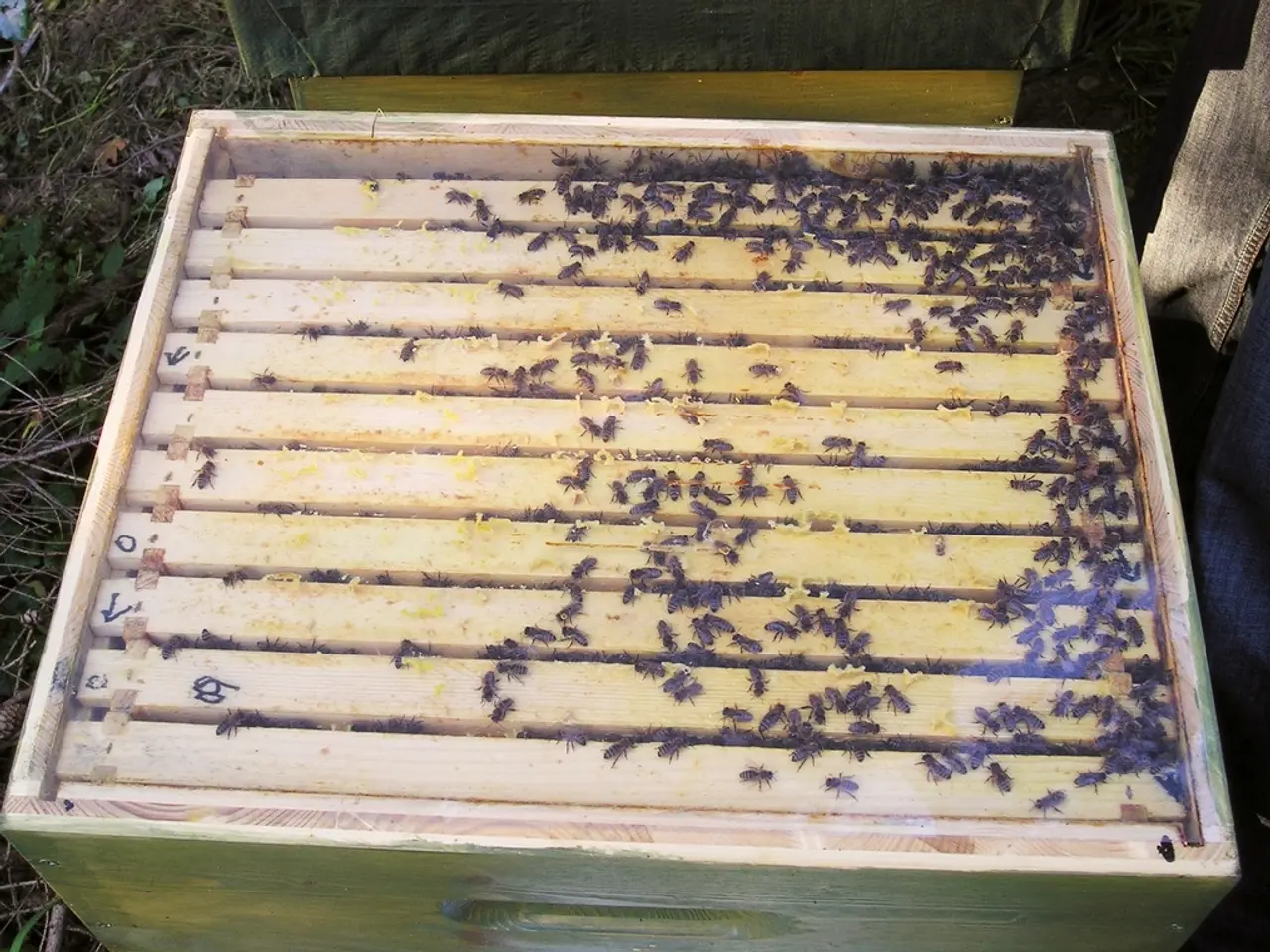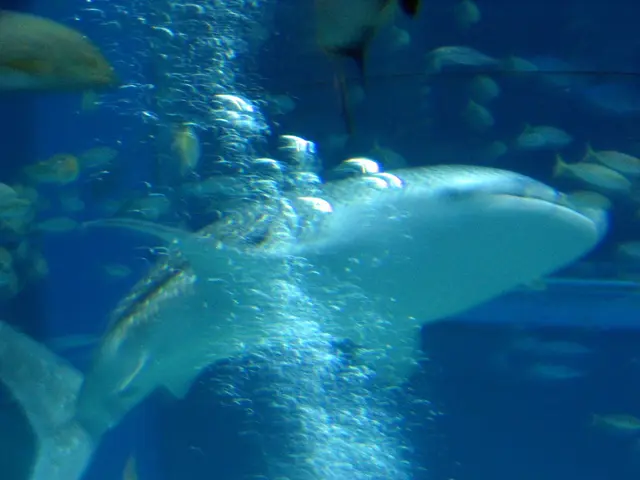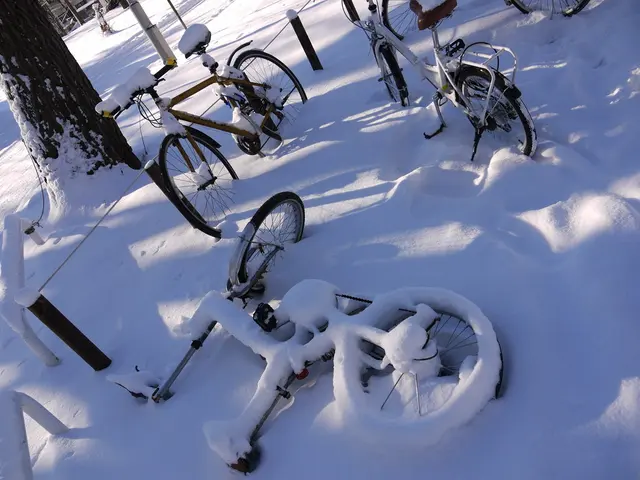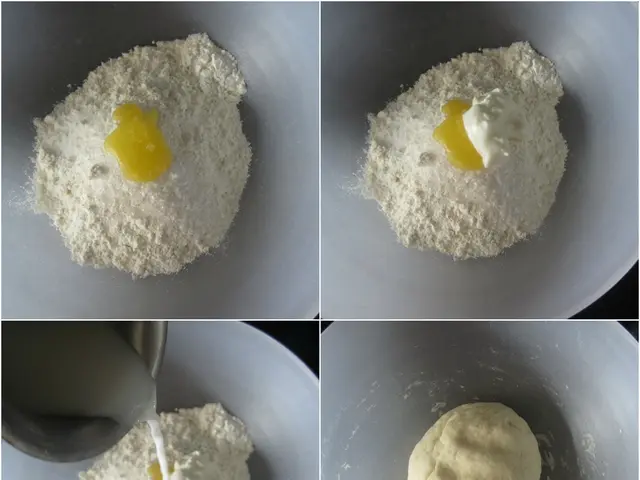Cape Town Explores Sustainable Fertilizer Solution: 1% Replacement with Frass
Cape Town is exploring a sustainable and cost-effective solution to fertilizer usage, with a potential 1% replacement by frass. This organic by-product, derived from black soldier fly larvae, offers numerous benefits for the city and its environment.
Frass contains beneficial microorganisms that boost soil health and plant growth, with a near-neutral pH suitable for staple vegetables. It improves soil structure and water retention, aiding water conservation in Cape Town's water-scarce regions. The city's companies like AgriProtein and Enterra already use black soldier fly larvae for sustainable agriculture and soil improvement, collaborating with local communities to enhance organic waste recycling.
Frass also helps control unpleasant odours associated with decomposing organic matter, making it suitable for public spaces. It serves as a cost-effective alternative to conventional fertilizers, priced at R4,000 per ton (50% moisture equivalent), compared to R12,000 to R24,000 for conventional products. Frass can create closed-loop systems, such as in barley fields where spent grain is used to produce frass for soil regeneration. Black soldier fly larvae can convert up to 600,000 kgs of agri-processing waste per month into high-performance protein for pet and aquaculture feed, with spent brewers grain being a significant source.
By embracing frass, Cape Town takes a step towards a more sustainable and cost-effective approach to fertilizer usage. This move promotes a circular economy, benefits the environment, and could lead to long-term savings for taxpayers.
Read also:
- Setting Up and Expanding Operations at a Soil Blending Facility
- Regional University's healthcare system strengthened through collaborative partnership with Chancellor Dr Fiona Hill
- Reminisced University Trustee David M. Flaum as a 'fervent advocate' for the University and community
- Getting Up to Urinate During Sleep Affecting Your Slumber Quality? Here's a Solution








